Dramas present women as machines, says Noor ul Huda Shah
Do you know Noor ul Huda Shah?
She's one of the many vital elements of the Pakistani entertainment scene that operate outside the limelight. She is a well-respected author and also a familiar name in the Pakistani drama industry. She is known for serials like Jungle, Marvi, Bebak, Meri Adhuri Moahabat Ajayb Ghar, Adhoora Milan and Ishq Gumshuda to name just a few. Importantly, she was recently appointed CEO of Aplus television and was the brains behind its sudden surge as another big player in the television market.
After setting up a strategy for both commercial and critical success at APlus, Noor ul Huda Shah has returned to her old stomping grounds at Hum TV, or more precisely HumSitarey. Humsitarey, once known as Hum 2, is Hum TV's sister channel and is in need of a facelift just like APlus.
Shah has become known for her talent in choosing stories that audiences want to watch, combined with a strategic business sense, but always tempered by the heart of an artist. I was lucky enough to have a conversation with her about the ins and outs of today’s drama industry.
Why did you move from APlus to Hum Sitarey ?
Noor ul Huda Shah (NS): “Bas mujhey uthaa kay leygey“, she says with a self-deprecating smile. Aplus was perceived as a regional Punjabi channel, which was its main difficulty in attracting Karachi viewers. I worked there for a year and a half as CEO to give them a change of perspective. Now, Hum TV also had a second channel called Hum Sitarey, or Hum 2. Sultana Siddiqui is an old friend and I moved at her insistence to improve things there.
Most channels have a very specific look in terms of lighting, content and even artists. APlus’s range of dramas changed under your aegis, with diverse serials like Aun Zara Pehchan and Adhoora Milan. Was this a deliberate strategy?
NS: When I arrived at APlus, they had already aired the first episode of Aun Zara. I watched five or six episodes in one go because I wanted to decide what day and slot we should place it in. I held my head in my hands and said, "This is a channel driver and you guys have put it on without any promotion or fanfare?" So I told them to stop and let me market it for 15 days; then let’s restart it .

What is a channel driver?
NS: It’s a term the industry uses to denote a serial which can get a TV channel a larger viewing audience and recognition value. So in the two-or-so week delay, we did the serial's marketing, set up hoardings and made presentations to advertisers. Using a fresh cast, the writer Faiza Iftikhar and director Haissem Hussain had made something very new. Similarly, I helped to design Adhoora Milan and the recent APlus hit Kaneez as popular serials with a specific audience to shore up APlus’s regular audience.
Pehchan was another serial that aired during your stint. Was that a ratings grabber too?
NS: Pehchan may not have been the typical ratings grabber. In fact, the channel owner asked me why I had chosen to air it at all as it never got great ratings. I put it on the schedule for variety, to attract the more educated English-speaking viewer. Bee Gul is good writer and Khalid saheb did a great job as director.

Recently there has been a trend in dramas to use very serious subject matter such as rape, or say the subject of ‘halala’, and present them in a very superficial and sensational manner. These subjects have been dealt with before and I must say very respectfully, so why have standards fallen?
NS: The treatment of any subject really depends on both the writer and the director. The way a writer conceives a story, how the director presents it.
These stories present women as machines. As soon as the nikkah papers are signed, they lose all will and acquiesce quietly to what is required. For example, in Dua, a woman is forced to marry her husband’s friend and in one night manages to conceive a child and complicate the entire situation.
Actually, women are not the machines, but dramas are making them out to seem like machines, and it's out of control. A channel may be running twenty dramas at a time and it is impossible for one person to know the entire content of a serial. A channel usually knows the story concept and who stars in it, etc., but the rest is really dependent on the writer and the director .
So there are strong issues of quality control?
NS: We do have producers, coordinators and content heads who keep us connected but a lot has to do with the writer and the director's sensitivity and exposure to certain topics.
Another recent example is the drama Khuda Deykh Raha Hai which addressed some very important failings in society such as faal and istikhara. The young heroine is abused not only by her husband who divorces her on a regular basis, but by her mother and brother who refuse to believe her. When the truth does come out, the heroine immediately forgives her mother. That is hardly normal...
There are seasoned writers who handle every topic with nuance, then there are those younger writers who simply write. They are young girls who just have not experienced life. Then there are the young men who write, first of all they have a male perspective and then a similar the lack of life experience. So in their eyes these things are just plot points that have to be shown. It is becoming next to impossible to control these things.

How do other countries handle this?
NS: They have different systems. I think this happens only in Pakistan. The script stays with the writer only. A lot of channels and production houses have tried to make this a team effort, lifting the load from the writer so that one person writes dialogues, and another writes the screenplay. In places like America, three or four people work together as a team. This allows for meetings and long discussions on each situation and many things can be cleared up.
A collaborative structure sounds good but is there a danger of stifling creative vision with so many people giving their input?
NS: We put a great load on our writers. What happens is we ask a single writer to write a drama. Then the writer is under a lot of pressure. First of all, the producer says I have a deadline, I have taken dates from the artists, so finish it up quickly. Then, writers are not paid as quickly as they write, and they have households dependent on their income. They do not write just for pleasure. There are some for whom their next day will begin on the basis of that cheque. It is a huge pressure. So many writers will take on two or even three serials because they simply need the money .
There are some big-name writers such as Faiza Ifikhar, Amna Mufti and a few others who can handle all of these things. A mature writer will resist vulgar scenes and protect their creativity. A mature writer will also give a new perspective to a concept we have asked them to write about. For example, when I discussed Farwa ki ABC with Amna, she told me about a girl she knew whose lack of English skills created a lot of problems in her life. The story she told me was different from the original, but sounded so much better. As a mature writer, she was able to come up with a novel story based on these discussions.

A lot of story lines are difficult to believe, and at times the characters reactions are very hard to credit. Why is that?
NS: A drama can either be close to reality or just below reality. But let me tell you something about the this TRP game. The households where most of the TRP meters are placed are very not very educated and so many of our drama makers have to keep this in account... I can also tell you stories that are straight from reality that you will not believe.
A friend of mine, one of the originals in our fashion industry, told me of one of her workers. Her four daughters were being abused by their own father and he would not let them marry. My friend arranged and paid for the marriages, despite considerable opposition.
Similarly, a friend from India told me that her servant killed her baby daughter because she did not want the girl to undergo the abuse she had suffered as a child...
What kind of changes are you thinking of making at Humsitarey?
NS: When I joined APlus, I could move as an individual and had a fresh slate. However ,Humsitarey already has a culture in place and a structure that I will have to work within. If I am to make changes, it will be within that structure. These things require strategy and time and it will be a process rather than a sudden [change].
How do you see the future of the drama Industry?
NS: I see that the industry is flourishing. I think if we can manage to maintain some quality control, there is a wonderful future ahead. The mere fact that Indian channels have started to use our material speaks volumes.
Don’t you feel that the media and dramas in particular, because they are the most accessible media, have a responsibility? The constant image of women as victims is being internalized and that has consequences.
NS: I remember my first drama Jungle. Years after I wrote that drama, a woman approached me and told me that she had named her daughter after me. When I asked why, she told me that her brother had watched the serial and had been deeply moved. None of the women in their family were ever allowed to marry, but her brother helped her to escape and start a new life after he saw the cruelty of the situation. So yes, I understand.
But there are many things happening in society which we don’t like to believe are true. The drama Khuda Deykh Raha Hai may seem impossible to us sitting here but I know of girls from well-educated wealthy households whose parents tell them, go back to your husband, he did not mean it. In one case the girl has been living with the man who has divorced her many times over the years. These are true social problems.
``
Tell us about your favourite drama , your favourite authors ?
NS: Well, I have always been a fan of Bano Qudsia and Ashfaq Ahmed. Hmm... I could not choose one writer or serial above another and hurt anyone’s feelings. However, out of my own serials, I do think I like Ajaeyb Ghar.
What is Ajaeyb Ghar about ?
NS: It is about a young man raised without any spiritual background, who returns to Pakistan only to fall in love with a call girl. The call girl is annoyed with his presence and tolerates him to a certain point. As I said, the young man has no spiritual background, but he used to go singing in churches with his friends so he visits one and asks the priest there for guidance. The priest tells him to learn how to pray Fajar and connect with Allah. The young man moves away from the prostitute and then she starts missing him. When she goes to meet him, he does not have time for her, when once she did not have time for him and she dies of a broken heart. There is a lot more to the story, but it reminds people to recognize and appreciate things like love when they can.
Finally, as writer do you think it’s a good thing that Urdu is being promoted as the official language of government these days?
NS: I am not so sure because it may be to the detriment of other regional languages people hold dear such as Sindhi, etc. Other languages are equally important, they are just as much a part of our cultural heritage and this whole thing might not be practical to impose.


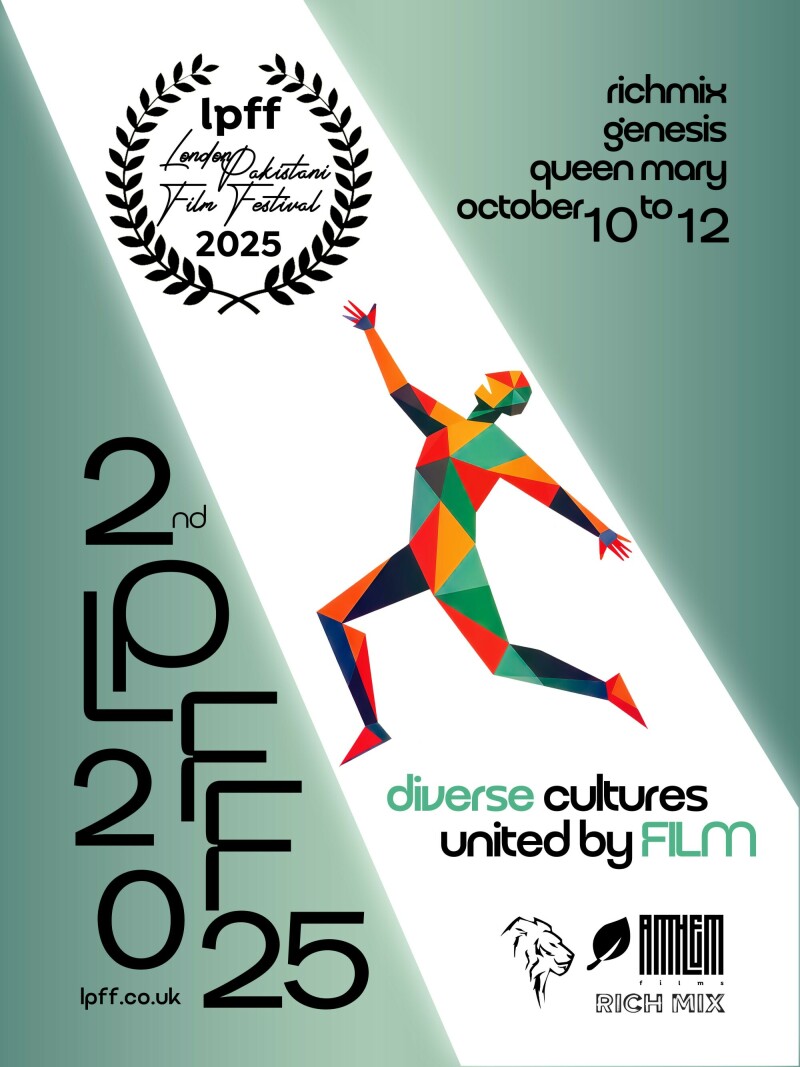
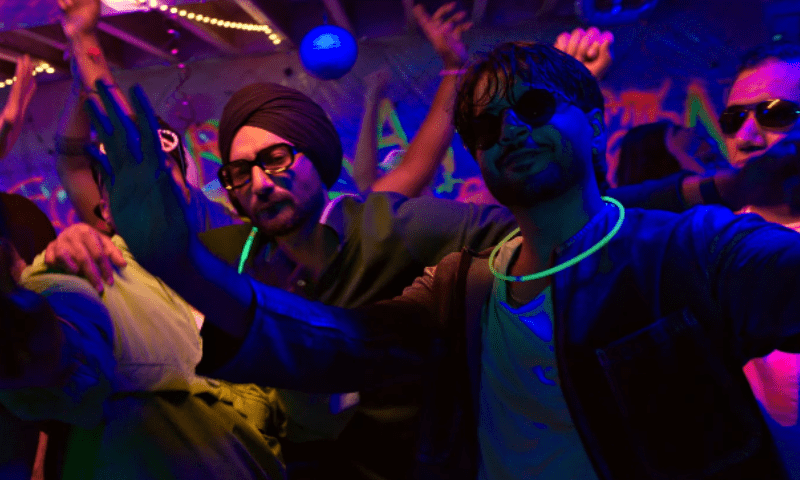

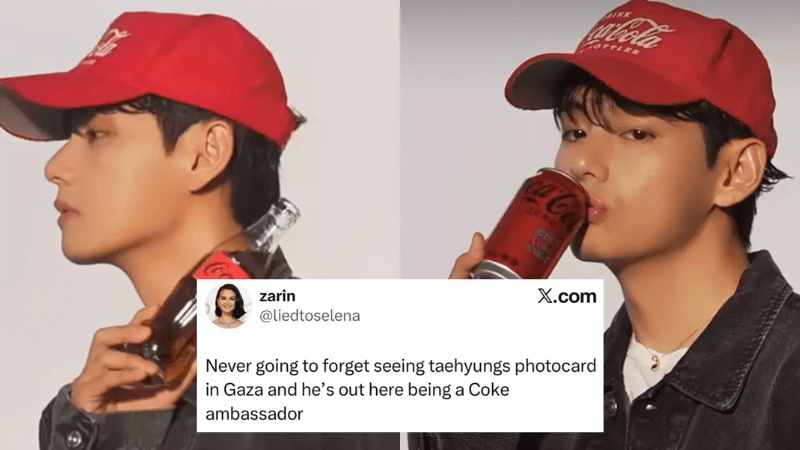
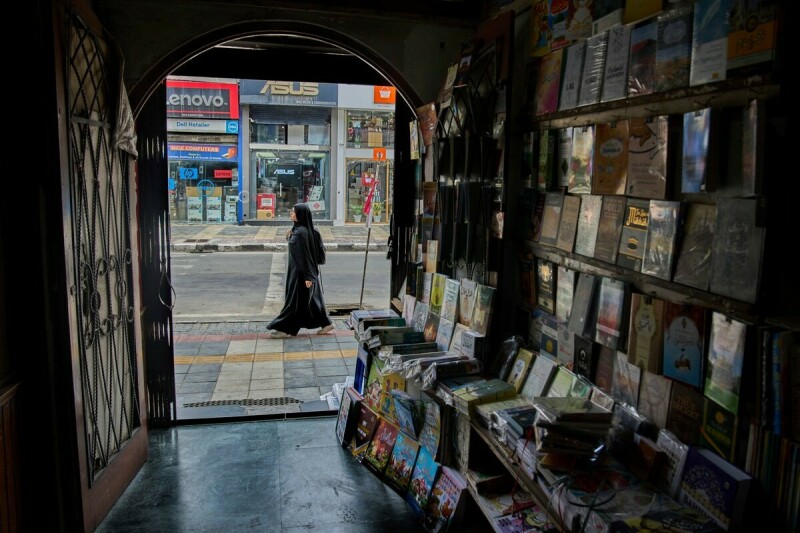

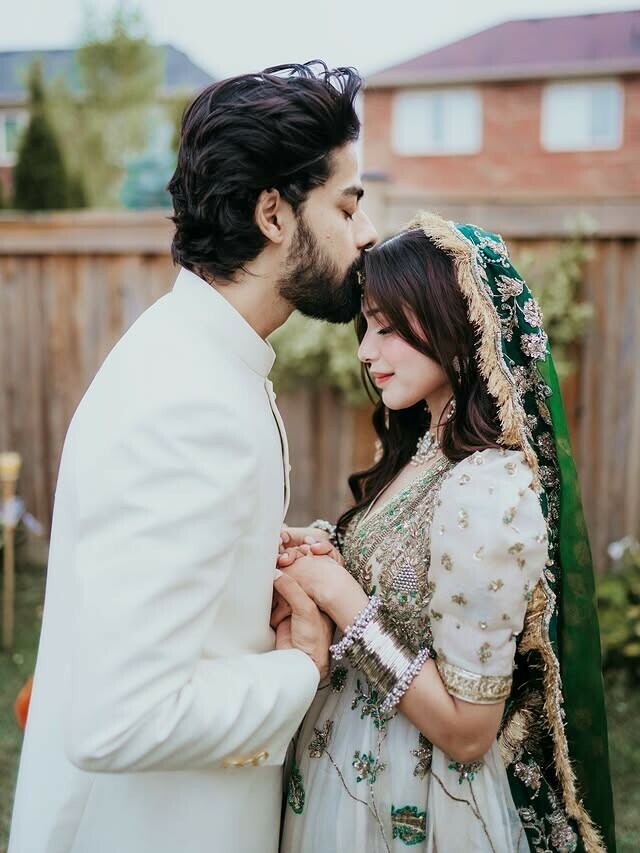
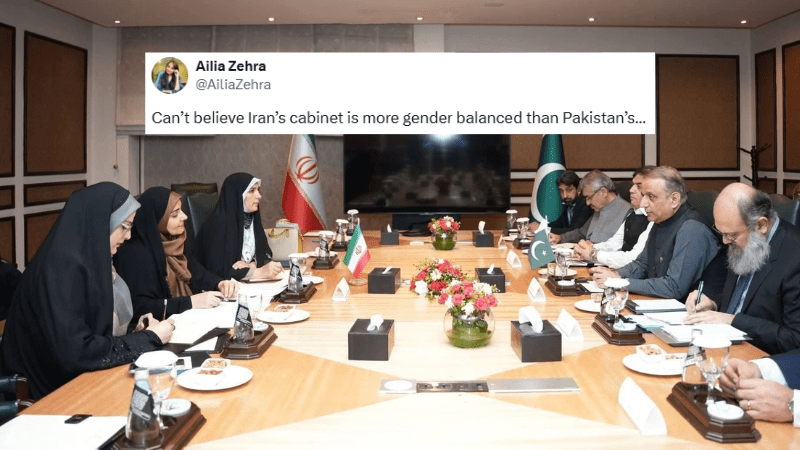
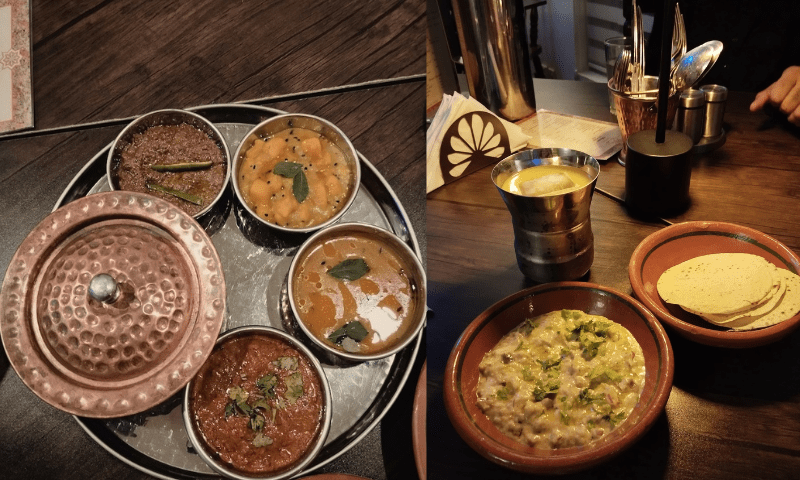
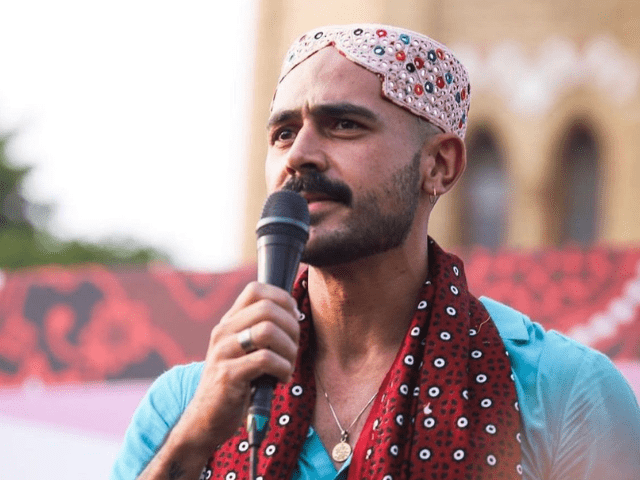
Comments